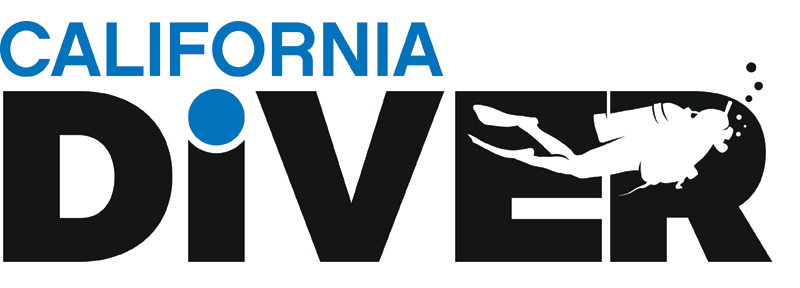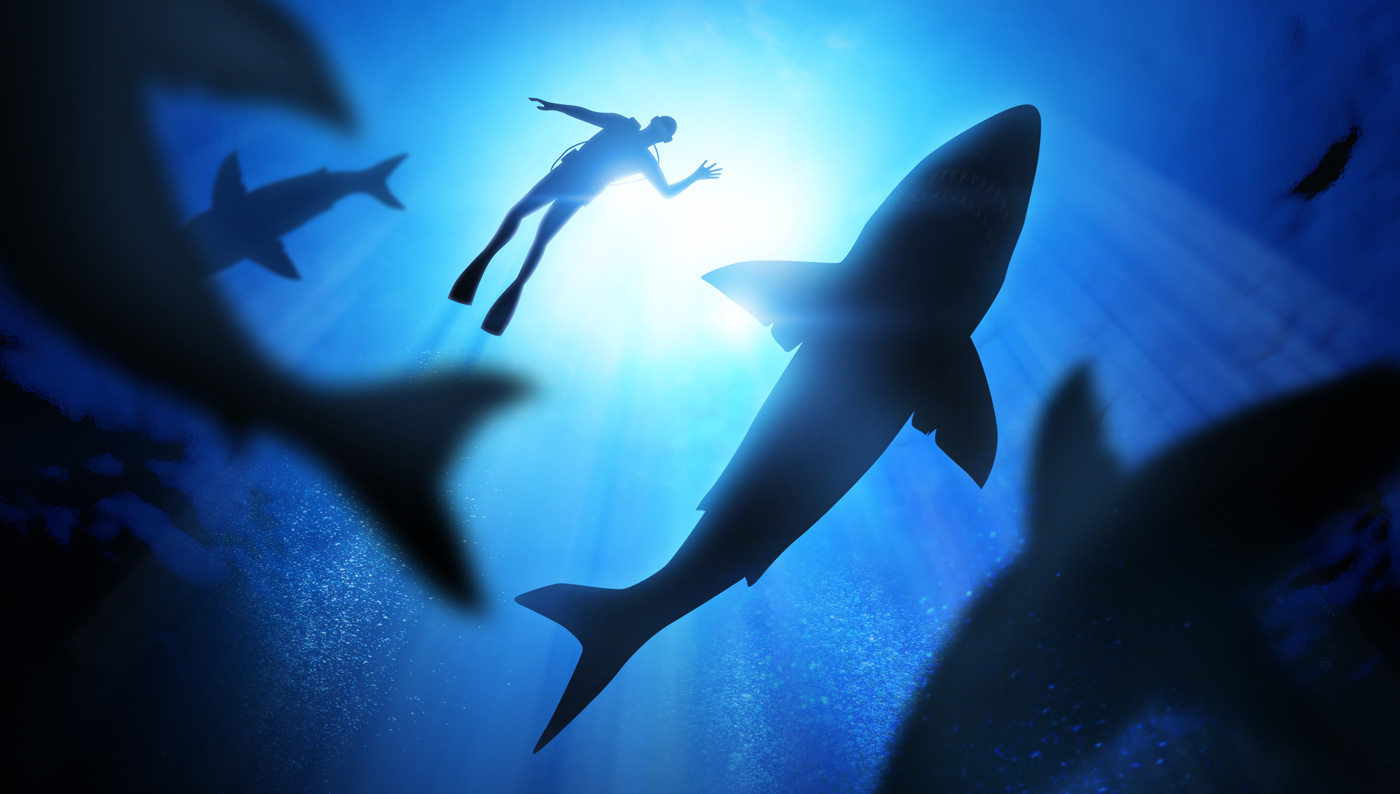Scuba divers were officially off the menu in 2015. And so were most other water sports enthusiasts.
The International Shark Attack File investigated 164 separate reported incidents of alleged shark-human interaction that took place worldwide in 2015. Upon reviewing each incident, 98 of these incidents represented confirmed cases of unprovoked shark attacks on humans. (“Unprovoked attacks” are where an attack on a live human occurs in the shark’s natural habitat with no human provocation of the shark).
The 98 unprovoked attacks recorded in 2015 was the highest on record, surpassing the previous high of 88 recorded in the year 2000. It’s not likely due to sharks teaming up or being more aggressive, however; it’s more likely the result of the increasing number of humans on earth and more people in areas where the sharks are present. The actual rate of attack likely is considered to be declining, owing to the ever-increasing amount of time spent in the sea by humans.
While the shark attack rate was higher last year, the mortality rate was about half of what it was in 2000, with only 6 deaths recorded worldwide. None of those deaths took place in the continental U.S. Two deaths were recorded off the island of Reunion, and then single incidents in Australia, New Caledonia, Hawaii and Egypt.
Not surprisingly, surfers and others participating in watersports made up nearly 50 percent of 2015’s shark attacks. Swimmers and waders made up 42 percent and snorkelers made up 9 percent. No attacks on SCUBA divers were reported in 2015.
Florida had the most unprovoked attacks last year in the U.S., making up 51 percent of the worldwide total. The state recorded 30 bites, which is less than the record high of 37 in 2000.
If you are one of the very few who are attacked by a shark, the International Shark File advises a proactive response. “Hitting a shark on the nose, ideally with an inanimate object, usually results in the shark temporarily curtailing its attack. One should try to get out of the water at this time. If this is not possible, repeated blows to the snout may offer a temporary reprieve, but the result is likely to become increasingly less effective. If a shark actually bites, we suggest clawing at its eyes and gill openings, two sensitive areas. One should not act passively if under attack as sharks respect size and power.”
Unfortunately, even though sharks killed 6 humans in unprovoked attacks, we haven’t been as kind to them. 11,417 sharks are killed by people per hour, or around 190 sharks a minute, according to a report titled “Global catches, exploitation rates, and rebuilding options for sharks”. The report also finds that based on an estimated total global biomass, this accounts for between 6.4% and 7.9% of all sharks killed per year.
You can read more from the International Shark Attack File by clicking here.
.

